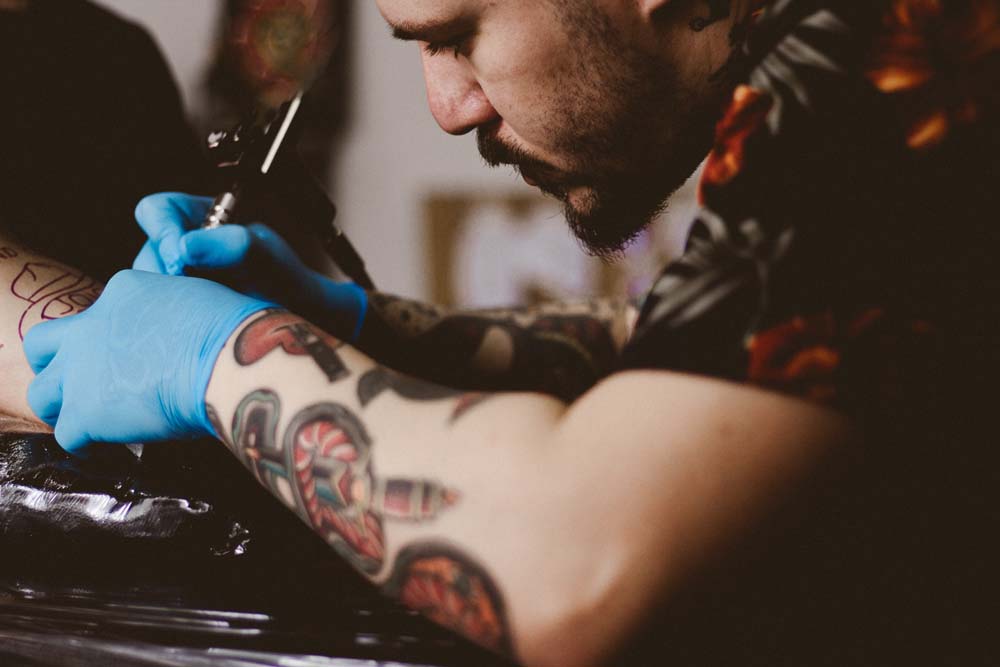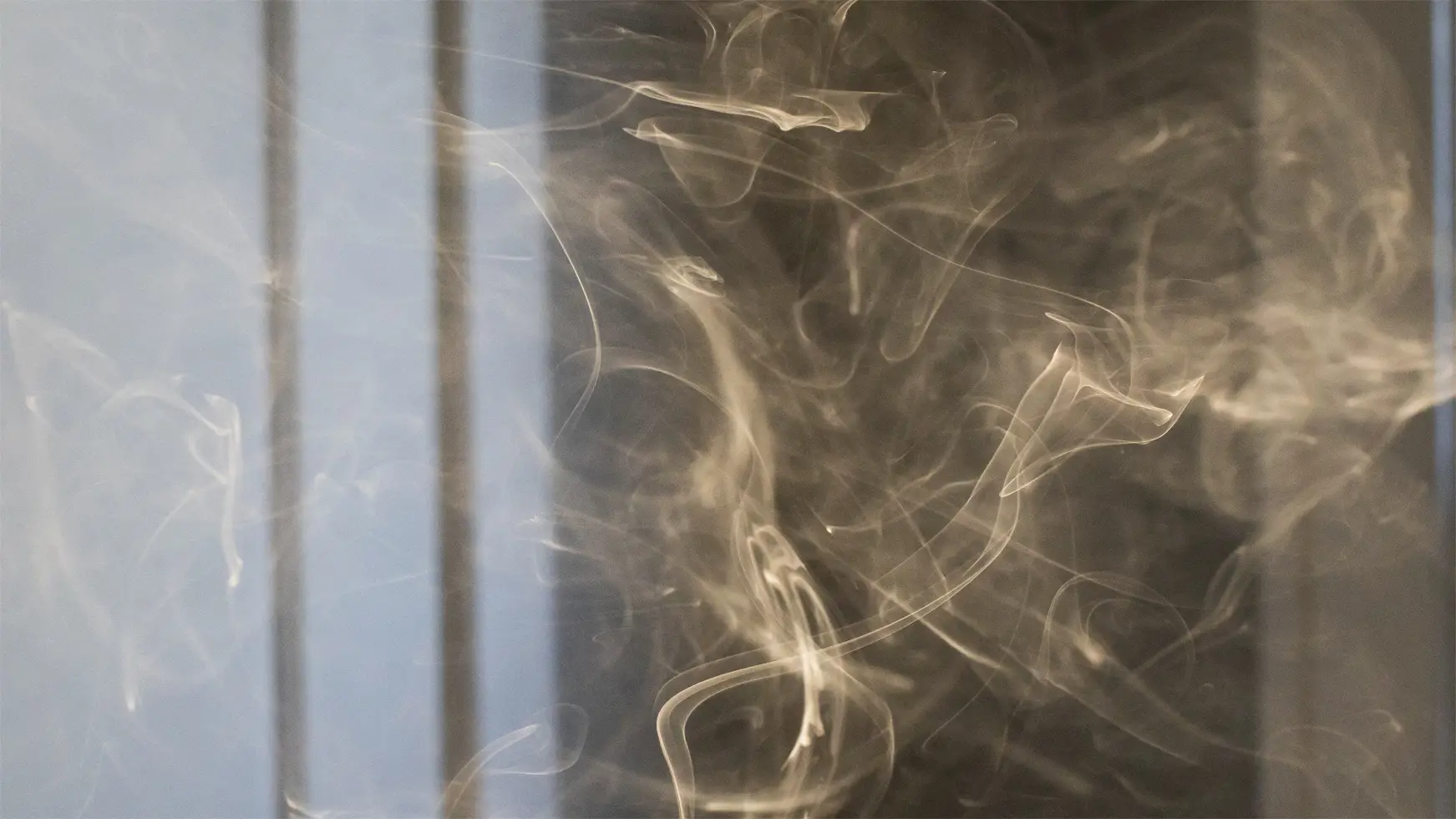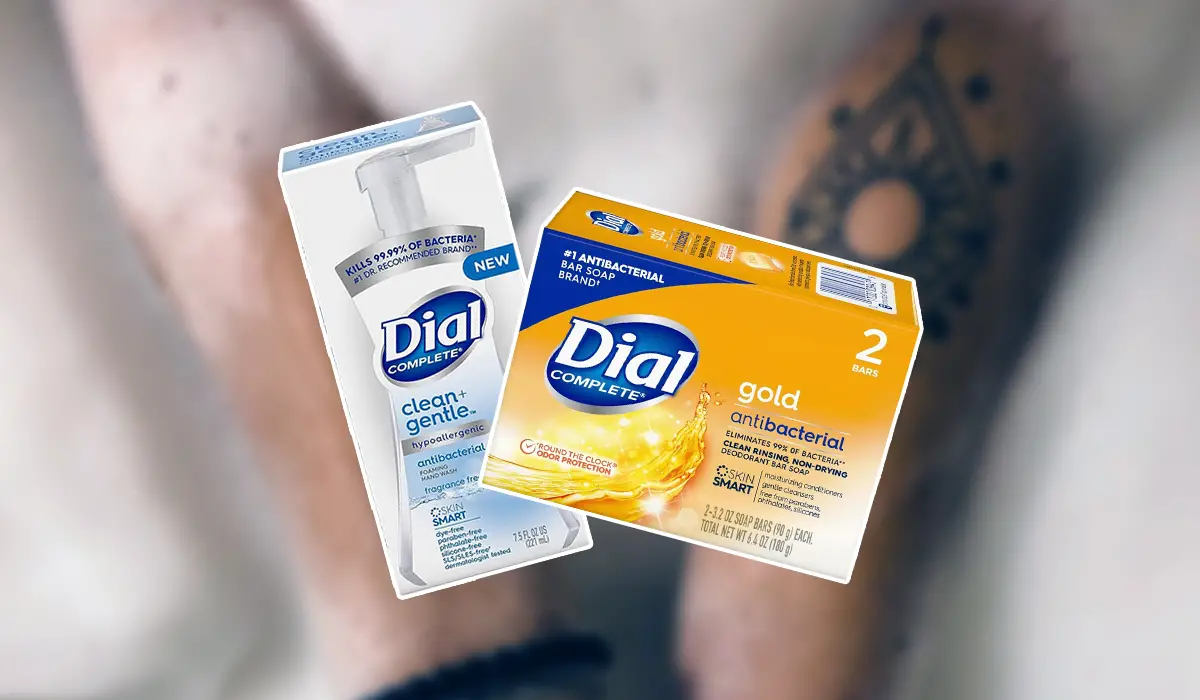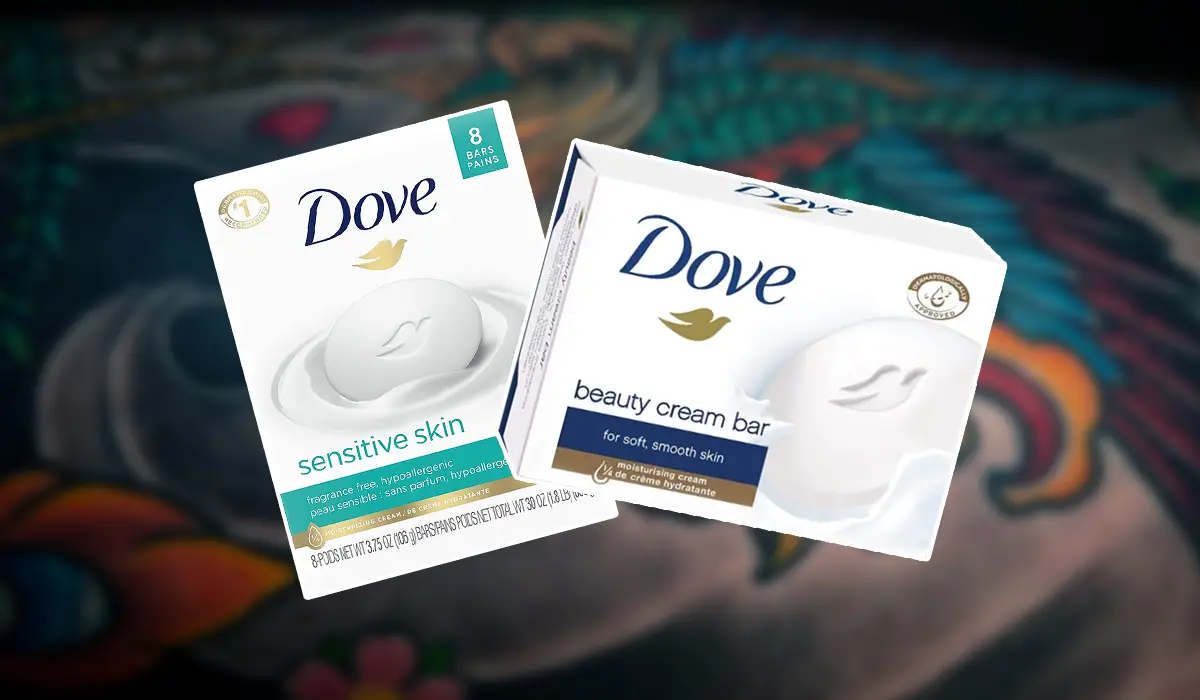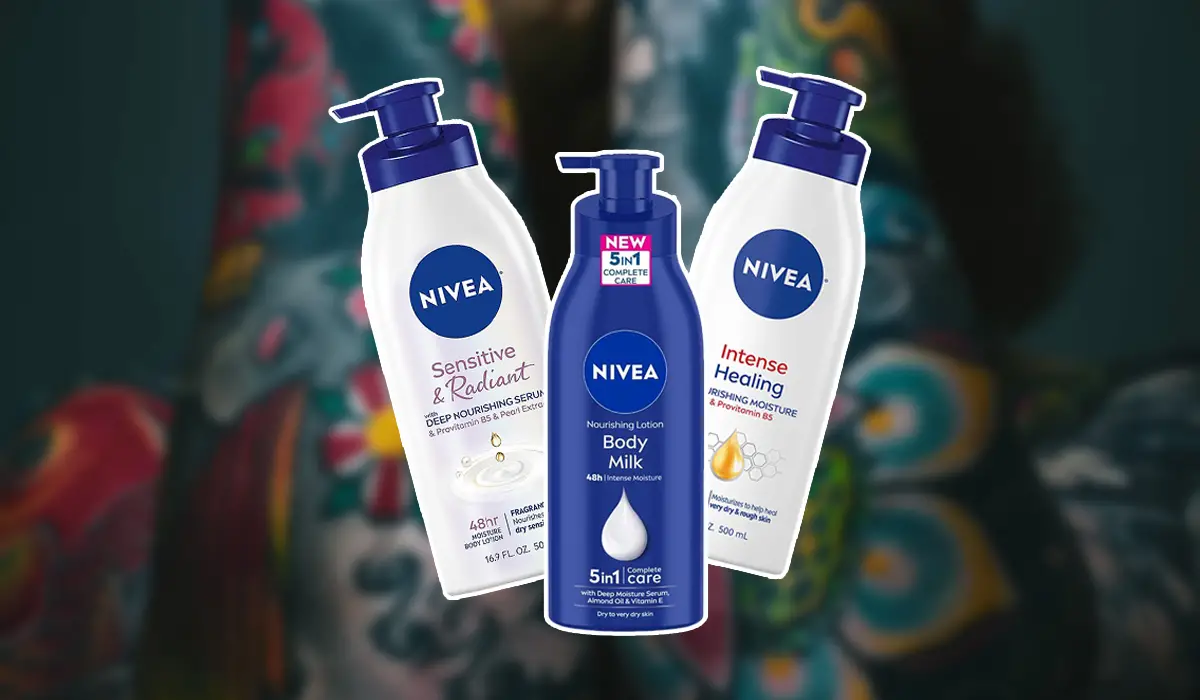While pain might be a part of getting a tattoo, some seek to avoid it at all costs. It is common for first-timers, and those who have had an unpleasant experience with needles, to be apprehensive about getting a tattoo because of the pain. This need for pain-free tattoos has led to the growth in the popularity of tattoo numbing creams. But the question that a lot of skeptical people ask is – do tattoo numbing creams work?
Tattoo numbing creams are topical anesthetics – that are used to reduce the pain from the tattooing process. In this article, we shall go over how they work, the types of numbing agents available, and the risks associated with their use.
ADVERTISEMENT
ARTICLE CONTINUES BELOW
Do Tattoo Numbing Creams Work?
Tattoo numbing creams contain active ingredients that help reduce or remove the pain of getting a tattoo. Tattoo numbing creams are not a necessity, and using one will only depend on the preference of the one getting the tattoo. Many people who get tattoos prefer not to use any kind of numbing agents. Some consider the pain of getting a tattoo as an important part of the process — and for them, any kind of numbing cream is a sacrilege. But if you feel that you need it, you should not be dissuaded by anyone else’s opinion. Your comfort is the most important factor to consider while getting a tattoo.
How Does Tattoo Numbing Cream Work?

Tattoo numbing creams are supposed to be applied to the area of your skin where you are getting a tattoo. They contain ingredients that reduce or eliminate the pain of the needles and can be grouped into three categories – nerve deadeners, nerve blockers, and vasoconstrictors.
Nerve deadeners
Nerve deadeners are numbing agents that block your nerves from picking up pain signals. A lot of popular tattoo numbing creams can be classified as nerve deadeners, and contain the chemical lidocaine. While nerve deadeners can reduce the pain from the needles, they will not eliminate it. They only work on the surface of your skin, and tattoo needles puncture far deeper.
Nerve blockers
Numbing creams that can be considered to be nerve blockers include chemicals such as tetracaine and benzocaine. They work by dulling the pain caused by the needles – where your nerves will register the sensations of getting the tattoo but some of it will be blocked by the cream.
Vasoconstrictors
Among all the numbing agents used, vasoconstrictors are the most powerful. They contain epinephrine, which constricts your blood vessels and prevents excessive bleeding/swelling. Typically, vasoconstrictors are used with other numbing agents such as nerve deadeners or nerve blockers, to help them last longer.
What’s the Difference Between a Tattoo Numbing Cream, Spray, and Ointment?
Tattoo numbing agents primarily come in three different forms – creams, sprays, and ointments. They all have the same purpose, which is to reduce or remove pain from the process of getting a tattoo. But the manner in which they are used is different.
Tattoo numbing cream
Creams are the most popular form of tattoo numbing agent. This makes people often wonder just how effective are tattoo numbing creams? They are widely used, and easily available online as well as offline. They are mostly used for small to medium tattoos since they can only keep your skin numb for an hour or two. Tattoo numbing creams need to be applied at least 30 minutes before getting a tattoo since they need a little time to work.
Tattoo numbing spray
Most tattoo numbing sprays are used for small tattoos because they do not last as long as ointments or creams. Tattoo numbing sprays work very fast and are the easiest to use. Their effect can be felt 5-15 minutes after application, but it wears off quickly. If a tattoo numbing spray is being used for a larger tattoo, it will need to be reapplied often.
Tattoo numbing ointment
If you are planning on getting a large tattoo, or a tattoo in an area with a lot of nerve endings such as fingers, a tattoo numbing ointment would be the best option for you, when compared to other numbing agents. Tattoo numbing ointments work better than creams and sprays. Ointments are much heavier and their effect can be felt for a longer period of time. There is no need for frequent reapplication, which makes it ideal for tattoos that take up a lot of time.
When to Use Tattoo Numbing Creams & Other Agents

For those who are sensitive to pain, using a numbing cream before getting a tattoo is a good idea. There are several reasons why someone can be sensitive to pain:
Genetics
Some people are more sensitive to pain than others because of their genetics. Our biological makeup plays a huge part in how we perceive and process pain, and it is not something that an individual can control.
Medical Conditions
Some medical conditions, such as diabetes or lupus, can cause nerve damage. People who suffer from them can have a low threshold for pain.
Chronic Pain/ Previous Injuries
Those who struggle with chronic pain, or have prior injuries that still hurt, can suffer from hypersensitization, which makes them extremely susceptible to pain.
Anxiety
Getting a tattoo, especially for first-timers, can be a stressful and anxiety-inducing event. A lot of people dread the pain from the needles, and using a numbing cream can help them feel more relaxed about the experience.
Risks Associated with Numbing Creams
While tattoo numbing creams are generally considered to be safe, using them can have certain risks and side effects.
Unwanted numbness
You should know how to use tattoo numbing cream so that you do not apply too much. Excessive use of the numbing agent can leave your skin feeling numb for a long time. In excessive amounts, the numbing agents may also cause toxicity. You should always follow the instructions given with the numbing agent when you use it so that you can avoid any unwanted side effects.
Contact dermatitis
You may have a reaction to the numbing agent and get contact dermatitis. It is a rash that usually occurs when you come into contact with a substance and have a reaction to it. The rash can cause redness, itching, swelling, and irritation.
Severe allergic reaction
If you are allergic to any of the ingredients in the numbing agent, there is a chance that you can get a serious allergic reaction – which can cause difficulty in breathing, hives, nausea, or seizures. In certain cases, the allergic reaction can be fatal.
ADVERTISEMENT
ARTICLE CONTINUES BELOW
Conclusion
If you feel apprehensive about the pain of getting a tattoo, then you may use a tattoo numbing cream. They are considered to be safe, as long as you follow the instructions for their use and do not over-apply. While tattoo numbing creams are not a necessary part of the tattoo process, you can use them if you think you need them.

